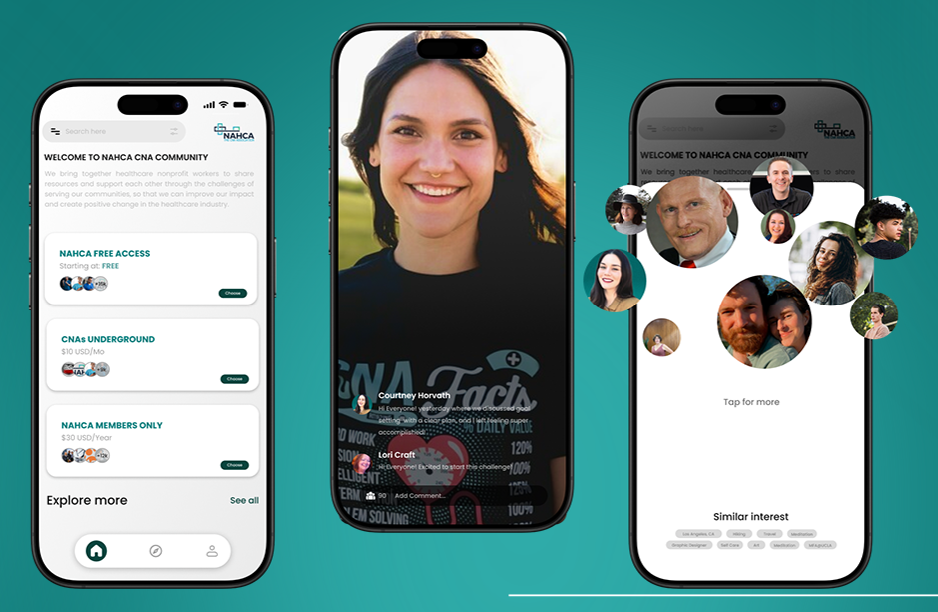My family and I were recently blessed to bring a puppy into our home. Paul Anka is adorable and fluffy, and he has already brought so much joy and energy into our lives. Cuddling and playing with him, I am reminded about how much pets mean to us and what role they can play in the lives of our residents and patients – whatever setting we work in.
The Human Animal Bond Research Institute (HABRI) conducts regular surveys about pet ownership, and the results of the most recent one from 2021 are interesting:
- 83% of pet owners say they spend a significant part of their day with their pets.
- 76% say that their personal health has improved as a result of pet ownership, and 87% report that having a pet has contributed to their positive mental health.
- 69% of pet owners say they would have a more favorable view of a physician who discusses the health benefits of the pet-people connection with them, and 89% said doctors actually should recommend having a pet for people who want to live healthier lives.
- A whopping 97% of pet owners are aware of at least one health benefit of the pet-people connection.
- The more people know about the scientifically-documented impact of pets on their owners, the more likely they are to prioritize caring for their pet’s health.
- 87% of pet owners say they would recommend having a pet to a friend or family member, and 57% say they are more likely to get an additional pet.
Over half of people over age 50 have pets, and the vast majority of U.S. households have a pet of some kind. It is likely that at least some of your patients/residents have or have had a pet of some kind. When they go into a health care setting, even on a temporary basis, they will want to know that their pet is cared for. This is why it is important for families to talk about what will happen to a loved one’s pet(s) if that person gets ill or injured and can’t care for them. A column in the March issue of Caring for the Ages magazine addresses this issue. As you often know your residents/patients better than anyone, you can help:
- Know what your organization’s policies are regarding pets and pet visits.
- If you know a resident/patient has a pet or loves pets, talk to a nurse, social worker, or other practitioner about how it might be possible for the person to spend some time with their pet or other animals. This actually can be part of the person’s care plan; or a doctor may write what is called a “social prescription” for that person to have access to a pet on a regular basis.
- If you have a pet that you think would be appropriate for visiting your facility, talk to your supervisor about how you might be able to make that happen.
- If a resident has a pet that they need to rehome, consider adopting it if you are able and you think it’s a good fit.
Don’t forget. What is good for your residents/patients is often good for you. Spending time with your own pet can be beneficial for your health and help reduce stress and anxiety. If you don’t have a pet but want one, spring is a great time to adopt. Many rescue organizations and animal shelters are overwhelmed; and they often reduce or waive adoption fees for qualified applicants. You’ll have to forgive me if you see numerous photos of Paul on my social media pages. He is our family member, our friend, our exercise partner, our playmate, and our furry antidepressant. And we can’t help but show him off!




